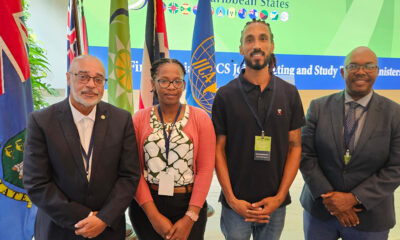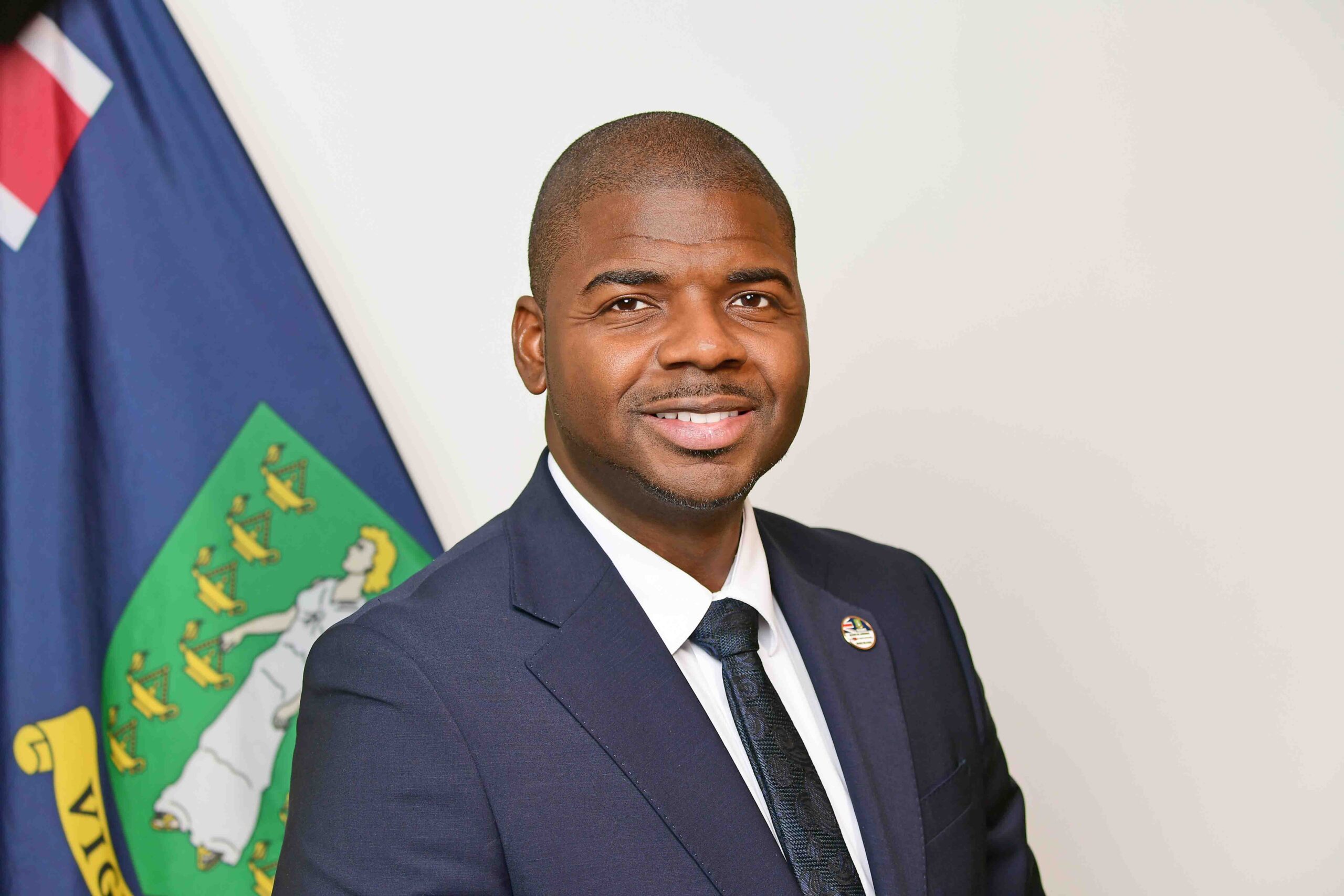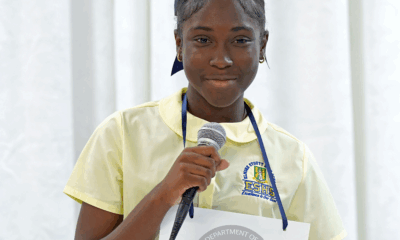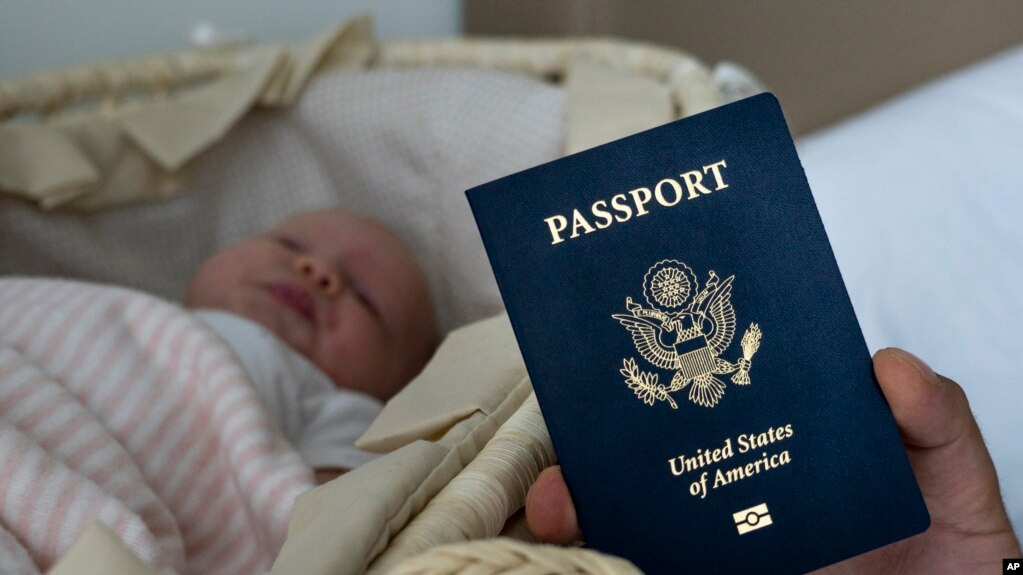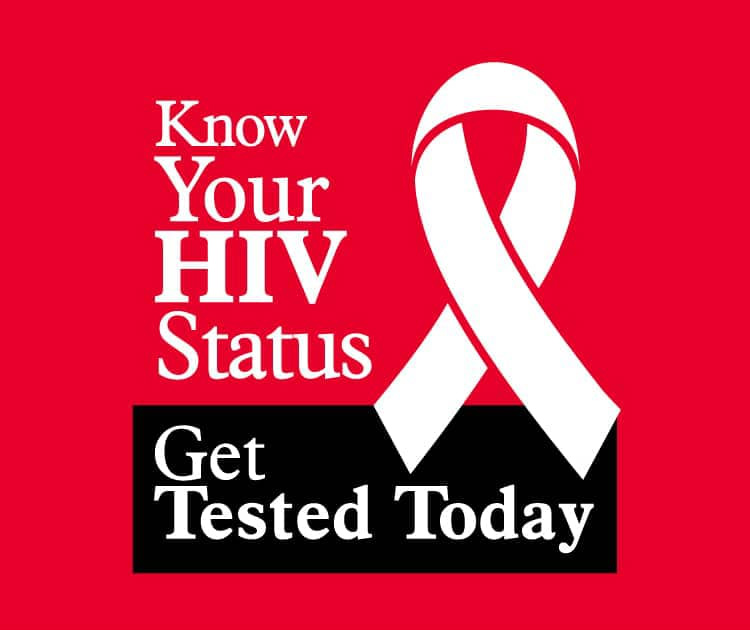International
Death toll surpasses 11,000 after Turkey, Syria earthquake
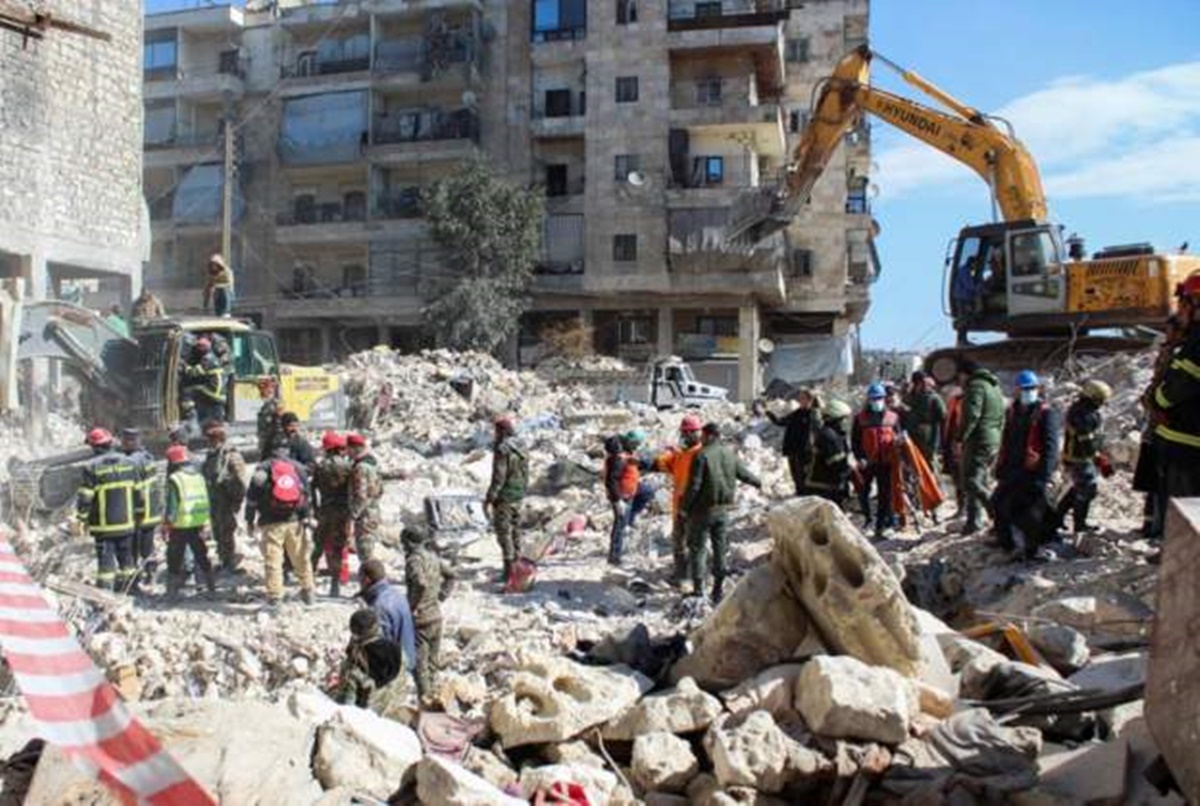
GAZIANTEP, Turkey (AP) — With the hope of finding survivors fading, stretched rescue teams in Turkey and Syria searched Wednesday for signs of life in the rubble of thousands of buildings toppled by a catastrophic earthquake. The confirmed death toll from the world’s deadliest quake in more than a decade passed 11,000.
Turkish President Recep Tayyip Erdogan toured a “tent city” in hard-hit Kahramanmaras where people forced from their homes were living. Amid calls for his government to send more help to the disaster zone, Erdogan conceded initial shortfalls in the response to Monday’s 7.8 magnitude quake but vowed that no one would “be left in the streets.”
Search teams from more than two dozen countries have joined tens of thousands of local emergency personnel on the ground in Syria and Turkey, and aid pledges have poured in from around the world. But the scale of destruction from the earthquake and its powerful aftershocks was so immense and spread over such a wide area, including places isolated by Syria’s ongoing civil war, that many people were still waiting for help.
Experts said the survival window for those trapped under the rubble of collapsed buildings or unable to access water, food, protection from the elements or medical attention was closing rapidly almost three days after the quake.
Rescuers at times used excavators in their searches and picked gingerly through debris at other points to locate survivors or the dead. With thousands of buildings toppled, it was not clear how many people might still be caught in the rubble.
Turkey’s disaster management agency said Wednesday that people who died in the earthquake but cannot be identified would be buried within five days even if they remained unnamed.
The agency, known as AFAD, said unidentified victims would be buried following DNA tests, finger printing and after being photographed for future identification.
The move is in line with Islamic funeral rites which require a burial to take place as quickly as possible after a person’s death.
In the Turkish city of Malatya, bodies were placed side by side on the ground, covered in blankets, while rescuers waited for funeral vehicles to pick them up, according to former journalist Ozel Pikal, who said he saw eight bodies pulled from the ruins of a building.
Pikal, who took part in the rescue efforts, said he thinks at least some of the victims froze to death as temperatures dipped to minus 6 degrees Celsius (21 Fahrenheit).
“As of today there is no hope left in Malatya,” Pikal said by telephone. “No one is coming out alive from the rubble.”
Road closures and damage in the region made it hard to access all the areas that need help, he said, and there was a shortage of rescuers where he was. Meanwhile, cold hampered the efforts of those who were there, including volunteers.
“Our hands cannot pick up anything because of the cold,” said Pikal. “Work machines are needed.”
The region was already beset by more than a decade of civil war in Syria that has displaced millions in that country and left them reliant on humanitarian aid and sent millions more to seek refuge in Turkey.
Turkey’s president said the country’s death toll passed 8,500. The Syrian Health Ministry, meanwhile, said the death toll in government-held areas has climbed past 1,200, while at least 1,400 people have died in the rebel-held northwest, according to volunteer first responders known as the White Helmets.
That brought the overall total to 11,000 since Monday’s earthquake and multiple strong aftershocks. Tens of thousands more are injured.
A 2011 earthquake near Japan that triggered a tsunami left nearly 20,000 people dead.
Syrian officials said the bodies of more than 100 Syrians who died during the earthquake in Turkey were brought back home for burial. Mazen Alloush, an official on the Syrian side of the border, said 20 more bodies were on their way, adding that all of them were Syrian refugees who fled civil war.
Stories of rescues continued to provide hope that some people still trapped might be found alive. A crying newborn still connected by the umbilical cord to her deceased mother was rescued in Syria on Monday. In Turkey’s Kahramanmaras, rescuers pulled a 3-year-old boy, Arif Kaan, from the rubble.
“For now, the name of hope in Kahramanmaras is Arif Kaan,” a Turkish television reporter proclaimed as the dramatic rescue was broadcast to the country.
Polish rescuers told TVN24 that low temperatures were working against them, though two firefighters said the fact that the predawn quake struck as many people were in bed under warm covers could help buy the search teams more time.
But David Alexander, a professor of emergency planning and management at University College London, said data from past earthquakes suggested the likelihood of survival was now slim, particularly for individuals who suffered serious injuries or significant blood loss.
“Statistically, today is the day when we’re going to stop finding people,” he said. “That doesn’t mean we should stop searching.”
Alexander cautioned that the final death toll may not be known for weeks because of the sheer amount of rubble that needs to be sifted.
The last time an earthquake killed so many people was 2015, when 8,800 died in a magnitude 7.8 quake in Nepal. A 2011 earthquake in Japan triggered a tsunami, killing nearly 20,000 people.
Cold weather added to the misery of residents who lost their homes. Many survivors in Turkey slept in cars, government shelters or outdoors.
“We don’t have a tent, we don’t have a heating stove, we don’t have anything. Our children are in bad shape. We are all getting wet under the rain and our kids are out in the cold,” Aysan Kurt, 27, said. “We did not die from hunger or the earthquake, but we will die freezing from the cold.”
Erdogan, on this tour of quake-hit areas, acknowledged that there were problems early on in the response but said it had improved.
He said the government would distribute 10,000 Turkish lira ($532) to affected families.
The quake comes at a sensitive time for Erdogan, who faces presidential and parliamentary elections in May amid an economic downturn and high inflation. Perceptions that his government mismanaged the crisis could severely hurt his standings.
Kemal Kilicdaroglu, the leader of Turkey’s main opposition party, blamed the devastation on Erdogan’s two-decade rule, saying he had not prepared the country for a disaster and accusing him of misspending funds.
In Syria, aid efforts have been hampered by the ongoing war and the isolation of the rebel-held region along the border, which is surrounded by Russia-backed government forces. Syria itself is an international pariah under Western sanctions linked to the war.
The European Union said Wednesday that Syria had asked for humanitarian assistance to deal with the victims of the devastating earthquake. An EU representative insisted the bloc’s sanctions against the Syrian government had no impact on its potential to help.
On Wednesday, Syrian Prime Minister Hussein Arnous visited neighborhoods in the northern city of Aleppo where buildings collapsed because of the earthquake.
“Our priority now is to rescue the people who are still under the rubble,” he said.
In rebel-held parts of northwest Syria, rescuers pulled a man, a woman and four children from the rubble in the towns of Salqeen, Harem and Jinderis, according to the White Helmets group.
The region sits on top of major fault lines and is frequently shaken by earthquakes. Some 18,000 were killed in similarly powerful earthquakes that hit northwest Turkey in 1999.
The last time an earthquake killed so many people was 2015, when 8,800 died in a magnitude 7.8 quake in Nepal. A 2011 earthquake in Japan triggered a tsunami, killing nearly 20,000 people.

International
U.S. Embassy Issues Warning on ‘Birth Tourism’
International
Overseas Territories Honoured for Strategic Value, Deepening Ties with UK
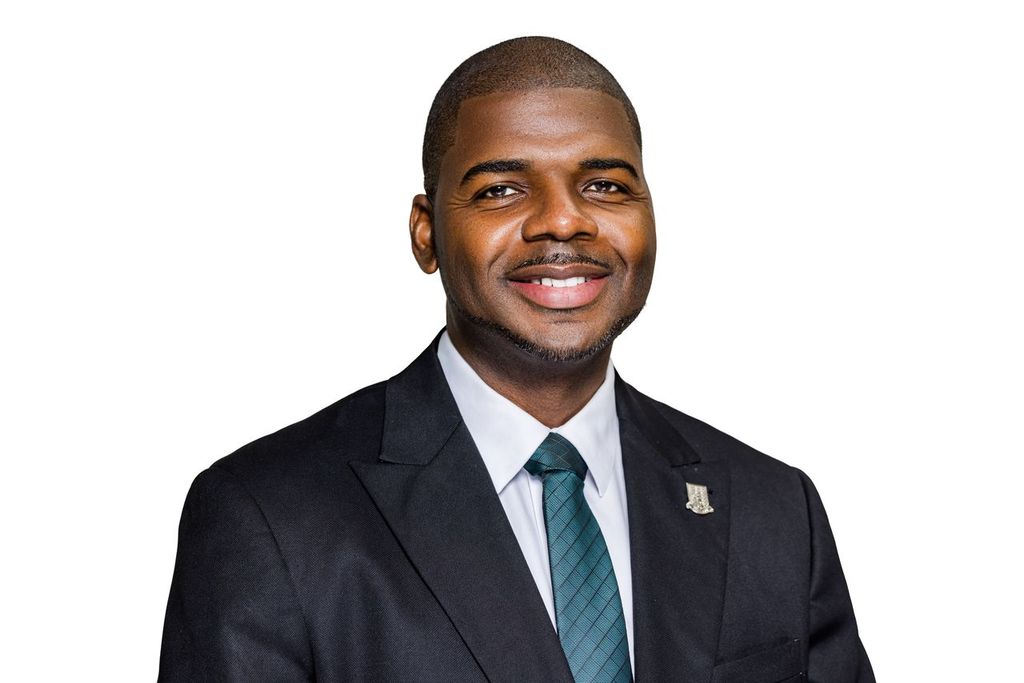
Against the backdrop of growing global uncertainty and shifting geopolitical alliances, the United Kingdom reaffirmed its commitment to its Overseas Territories this week during the observance of the Second Annual Overseas Territory Day. The event, championed by UK and Territory leaders alike, underscored the critical role these regions play in defense, environmental security, and Britain’s wider international footprint.
Speaking in his capacity as President of the United Kingdom Overseas Territories Association (UKOTA), Premier of the Virgin Islands Dr. the Hon. Natalio Wheatley described the occasion as an opportunity to reflect not only on the Territories’ vital roles in areas like security and environmental stewardship, but also on the “mutual respect and collaborative growth” that continues to define their relationship with the UK.
“Overseas Territories are not only vibrant communities rich in culture and heritage,” Premier Wheatley said in a statement Tuesday. “They are vital partners in the UK family… their contribution to the UK’s global presence and values cannot be overstated.”
Observed annually on the first Monday of June, Overseas Territory Day was marked in London with a series of ceremonial events, including a flag-raising at Parliament Square, a choral evensong at the Guild Church of St Lawrence Jewry, and a formal reception at Speaker’s House hosted by House of Commons Speaker Sir Lindsay Hoyle. The Virgin Islands was represented by UKOTA Chair and BVI Representative Tracy Bradshaw.
This year’s theme — “The Strategic Importance of the Overseas Territories and the Enduring Significance of our Constitutional Relationships with the United Kingdom” — reflected a growing focus on the Territories’ role in Britain’s global influence, particularly amid shifting geopolitical dynamics and climate-related vulnerabilities.
From the Caribbean to the South Atlantic, the Premier noted, Overseas Territories continue to punch above their weight. Citing efforts in renewable energy, biodiversity protection, and disaster preparedness, Dr. Wheatley praised the Territories for “thinking globally while acting locally.”
“These qualities not only define the character of our communities,” he said, “but also underpin their strategic relevance and global reach.”
Tuesday’s remarks also touched on the importance of responsible self-governance and ensuring that the voices of Overseas Territories remain central to policymaking at the UK level.
“We remain focused on ensuring their voices are not only heard but are instrumental in shaping policy and partnership,” Wheatley said.
The Premier closed with a call to unity and long-term vision, urging stakeholders to maintain momentum in advancing sustainable development, deepening constitutional ties, and building a legacy defined by “strategic cooperation, constitutional respect, and mutual progress.”
As Britain redefines its global relationships post-Brexit, events like Overseas Territory Day provide a moment to assess how longstanding ties — rooted in history but looking toward the future — continue to evolve.
International
BVI Urges UK and Other Colonial Powers to Support Self-Determination of Remaining Territories
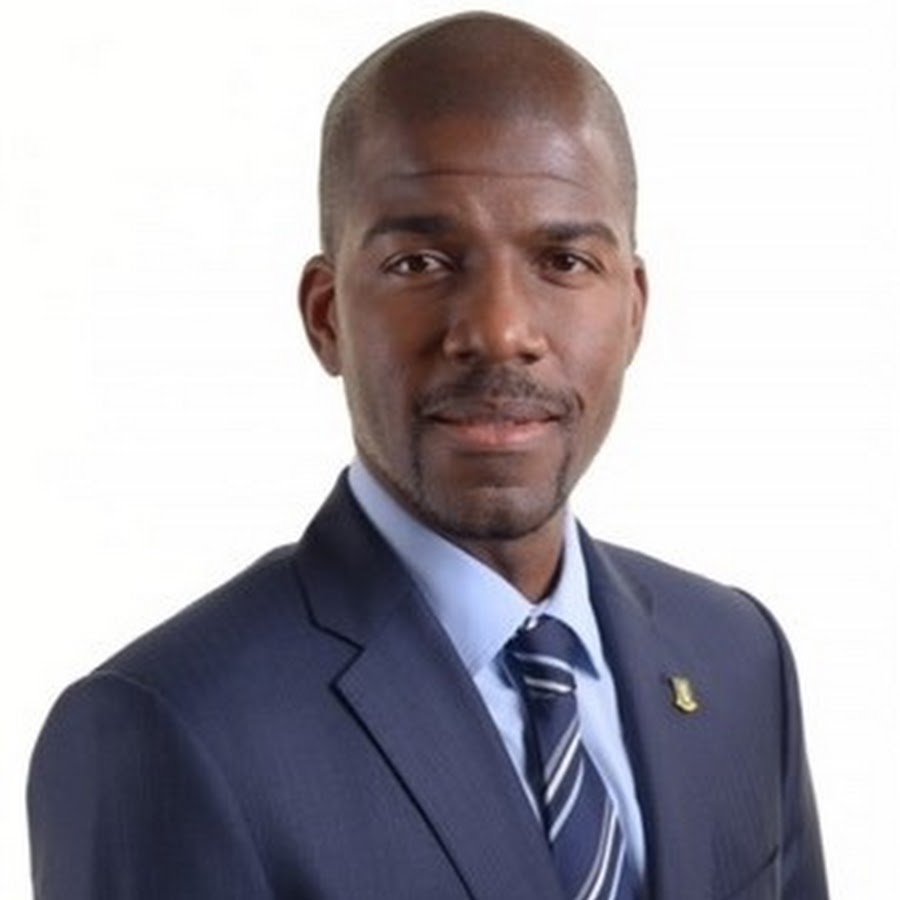
In a direct appeal to the international community, the British Virgin Islands (BVI) has called on the United Kingdom and other colonial powers to set aside their national interests and support the self-determination of the 17 remaining non-self-governing territories under the mandate of the United Nations Special Committee on Decolonisation (C-24).
Speaking at the UN’s Pacific regional seminar on decolonisation, held in the Timorese capital Dili from 21st to 23rd May, BVI Special Envoy Benito Wheatley urged administering powers to recommit to the principles of decolonisation and support a meaningful pathway to self-government for the remaining territories on the UN’s list.
“We all must work together to make progress on decolonisation,” Mr Wheatley said in his address. “I know it is hard to separate national interests from the process, but an effort must at least be made to work in the best interest of Non-Self-Governing Territories.”
He added that the Special Committee should prioritise the dispatch of visiting missions “where this is practicable,” noting that “the politics of the process is very complicated and requires dialogue, but no effort should be spared.”
The BVI, which hosted a UN visiting mission in August 2024, was recognised in the mission’s report for its advancement toward full internal self-government. The mission also recommended the establishment of a timetable for the Territory’s eventual independence.
Mr Wheatley expressed appreciation for the UN’s engagement and reiterated the Territory’s commitment to good governance and democratic reform. He also used the opportunity to highlight the broader need for sustainable development assistance, particularly in the face of growing climate threats.
“To truly advance self-determination, UN agencies must play a more active role in supporting the development priorities of these Territories,” Mr Wheatley stated. He urged the C-24 to adopt a resolution at its upcoming June session that would allow UN agencies to utilise their regular programme budgets to support Territories classified as Small Island Developing States (SIDS), especially those that are associate members of regional commissions such as ECLAC and ESCAP.
In a firm message to London, Mr Wheatley also called on the United Kingdom to formally withdraw the Order in Council currently held in reserve, which grants it the power to suspend the BVI’s constitution and impose direct rule if triggered.
“There is no longer an excuse for the UK to maintain this unnecessary, undemocratic and blunt colonial instrument over the Territory,” he said, noting that the BVI had completed the governance reform programme agreed in 2022.
The UN’s list of territories yet to be decolonised includes American Samoa, Anguilla, Bermuda, the British Virgin Islands, Cayman Islands, Falkland Islands, French Polynesia, Gibraltar, Guam, Montserrat, New Caledonia, Pitcairn, Saint Helena, Tokelau, Turks and Caicos Islands, the United States Virgin Islands, and Western Sahara.
The seminar in Dili marks a continuation of the UN’s longstanding commitment to decolonisation — a process that remains incomplete nearly eight decades after the adoption of the UN Charter.
-

 Crime/Police3 days ago
Crime/Police3 days agoThree Men Found Dead in Separate Incidents Across BVI —Police Launch Investigations
-
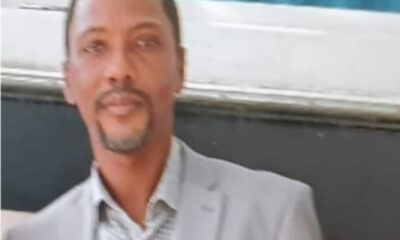
 Uncategorized1 week ago
Uncategorized1 week agoBody Found in Road Town Waters Identified as Missing Man
-
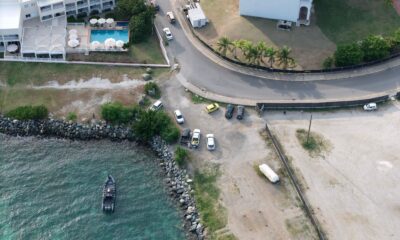
 Uncategorized1 week ago
Uncategorized1 week agoBody Recovered Near Maria’s by the Sea Hotel
-
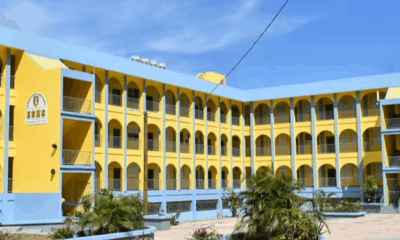
 Education1 week ago
Education1 week agoBVI Records Over 85 Student Suspensions in Early 2025
-
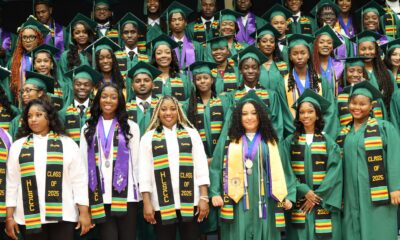
 Education1 day ago
Education1 day agoHLSCC Honors Top Achievers at 32nd Graduation Ceremony
-

 Entertainment2 weeks ago
Entertainment2 weeks agoK’Meeya Chung and Dakarai Wheatley-Adams Crowned Miss and Mr. HLSCC 2025
-
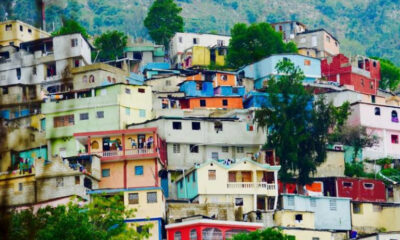
 Local News1 week ago
Local News1 week agoU.S. Travel Ban on Haiti and Other Nations Sparks Concern Across the Caribbean
-
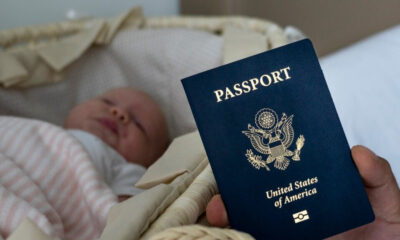
 International1 week ago
International1 week agoU.S. Embassy Issues Warning on ‘Birth Tourism’

